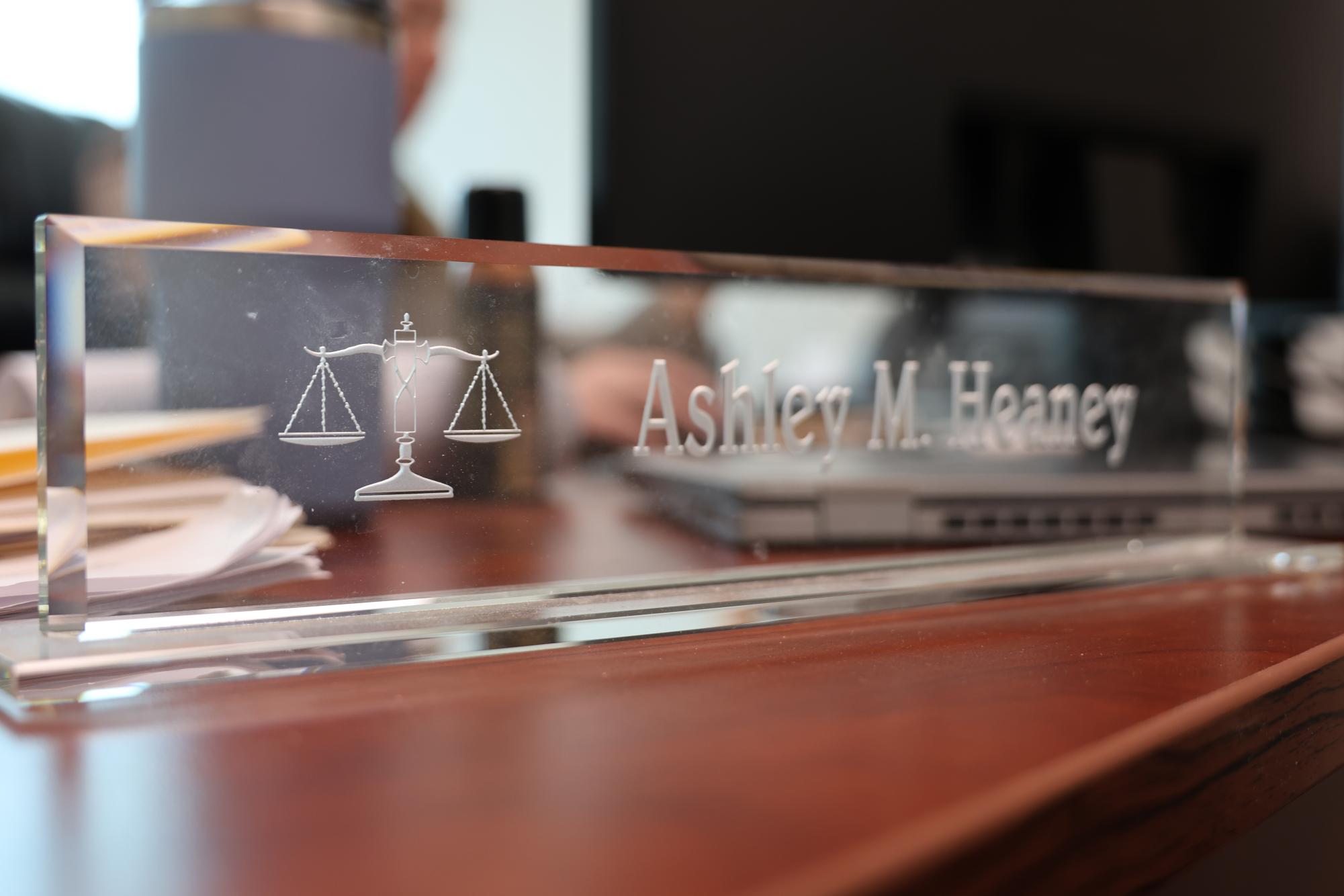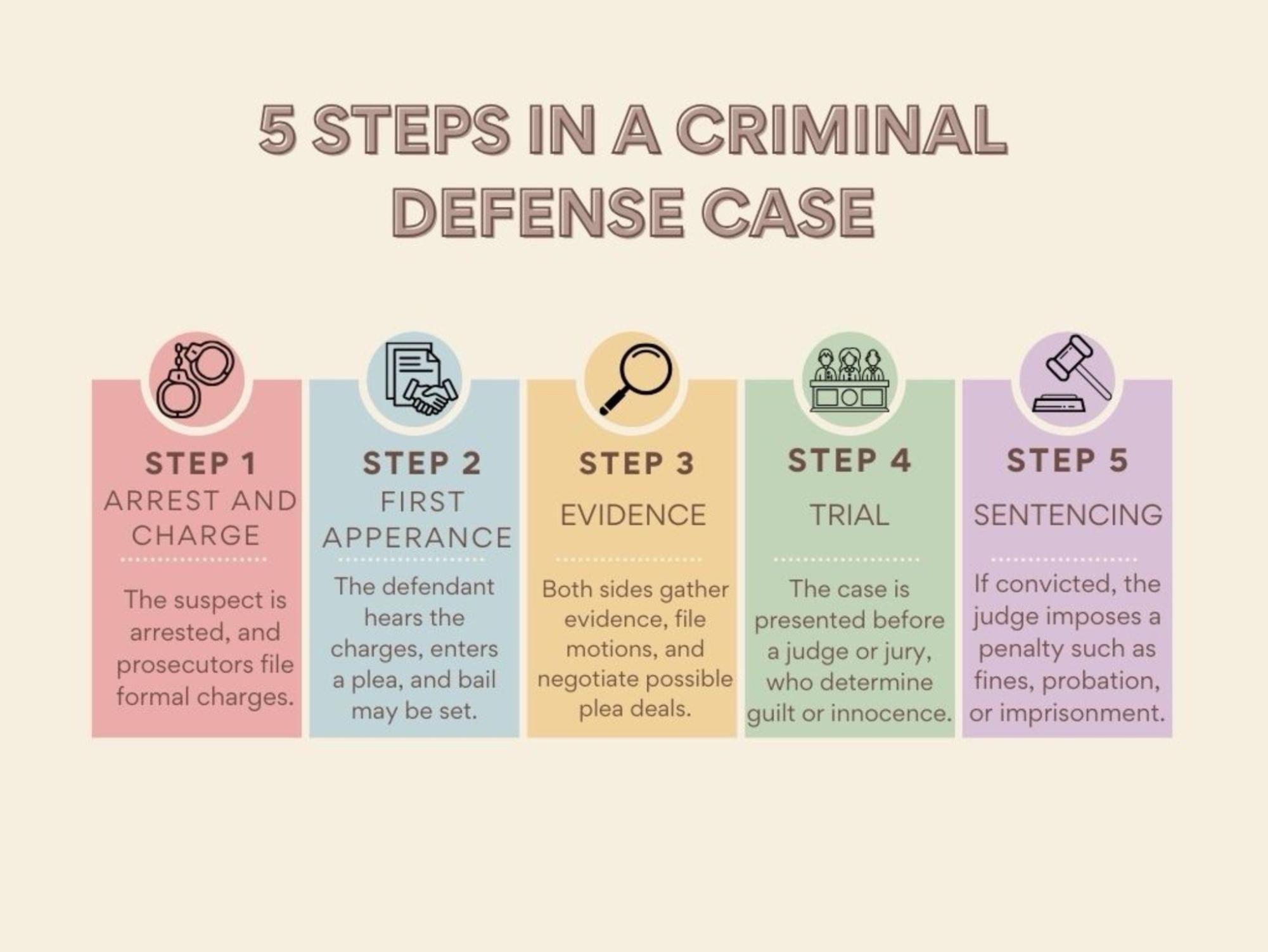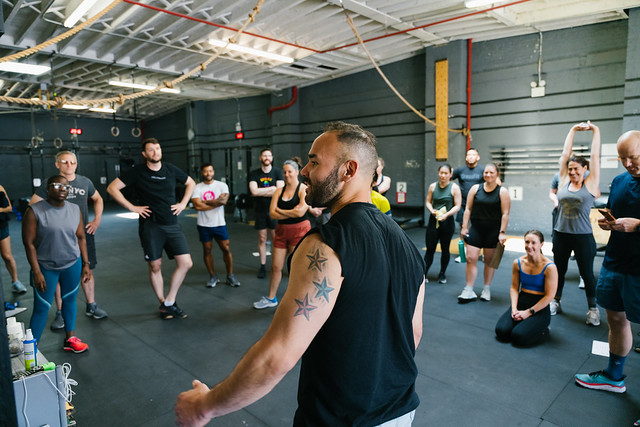Day in the Life of a Defense Attorney
The life of a defense attorney is fast paced and demanding. This remains true for criminal defense attorney Ashley Heaney. This field requires a balance of legal work, court appearances, and personal responsibilities. From the moment the day begins, it is a constant effort to stay ahead of deadlines, support clients, and manage a heavy caseload.
7:00 AM – Wakes up and starts her day by getting her family ready, preparing breakfast, and ensuring everything is in order before she turns her attention to work.
7:30 AM – Checks her emails and finds an urgent message about a client meeting.
9:30 AM – Arrives at the office and reviews the details of an upcoming trial scheduled for June. She carefully prepares for the meeting with her client and his wife, ensuring that all necessary documents and case strategies are in order.
10:00 AM – Prepares for a client appointment. She quickly reaches out to her junior attorney, requesting a summary of the evidence provided by the state.
10:00–11:00 AM – Meets with the clients alongside the junior attorney, discussing case developments, answering questions, and strategizing the next steps.
11:00 AM–12:00 PM – Dedicates time to answering emails, reviewing case files, and making final preparations for her 1:30 PM court appearance in Hastings.
12:30 PM – Leaves the office and heads to the courthouse. While on the road, she orders lunch and eats. Upon arriving at court, she reviews notes and makes final adjustments to her arguments.
1:30–3:00 PM – Spends time in court and meets with clients, advocating on their behalf and ensuring their rights are protected.
4:30 PM – After a long afternoon, she returns home, but her work is far from over.
5:00 PM – Checks emails, returns phone calls, and addresses any urgent matters that arose during the day.
5:30 PM – Focuses on drafting a motion due the next day and prepares for the following morning’s court hearing.
6:00 PM – Finally takes a break to eat dinner.
7:00–8:00 PM – Tackles household chores: doing laundry, unpacking a suitcase, and organizing the home.
8:00 PM – Spends time unwinding with her family, cherishing the little time she has with them before the day ends.
9:30 PM – Prepares for bed, knowing that another demanding day awaits. As she finally rests, she reflects on the clients she helped, the cases she worked on, and the justice she continues to fight for, ready to do it all over again tomorrow.
Is the Criminal Justice System Fair?
The criminal justice system is one of the most important systems in society, designed to maintain order, enforce laws, and protect the rights of citizens. However, there is ongoing debate about whether it truly treats everyone fairly. While some believe the system ensures justice by applying laws equally and offering protections like the right to a lawyer and a fair trial, others argue that factors such as race, wealth, and systemic biases create disparities in outcomes.
In Minnetonka, a small group of the community was surveyed. The results stated that 72.5% of the community believes the criminal justice system is fair. This confidence stems from the idea that the system is structured to hold people accountable while also allowing for corrections through appeals and retrials. Judges and juries rely on evidence to make impartial decisions, and over 88% of the community believes defense attorneys play a crucial role in ensuring justice. Although no system is perfect, many believe that the checks and balances in place help reduce unfairness and maintain public safety.
However, others argue that the system is far from fair, particularly for marginalized groups. Studies from NAACP show that Black and Latino individuals are disproportionately arrested, sentenced more harshly, and even wrongly convicted at higher rates than white individuals. Economic status also plays a significant role; 82% of Minnetonka’s citizens believe that people who can afford private lawyers receive better outcomes than those who rely on public defenders. Additionally, policies like mandatory minimum sentences can lead to excessively harsh punishments for minor offenses, and the influence of private prisons raises concerns about profit driven incarceration. Cases of wrongful convictions further highlight how the system can fail innocent people. Instead of providing equal justice for all, critics argue that the system often benefits the wealthy and powerful while creating additional obstacles for those already struggling.
The Misconceptions Surrounding Defense Attorneys
Defense attorneys play a vital role in the justice system, ensuring fair representation for all individuals. Despite this, they often face unfair stereotypes, such as being greedy, manipulative, or complicit in freeing criminals. These misconceptions ignore the true purpose of their work which is upholding constitutional rights and maintaining justice. By examining common stigmas through the perspective of a defense attorney, Ashley Heaney, people can see why these beliefs are misleading.
One common stigma is that “defense attorneys are money grabbers,” implying they prioritize profit over justice. However, as Heaney explains, “Oftentimes we charge a flat rate […] whether it lasts six months or two years.” This demonstrates that their fees are not based on exploiting clients but rather on ensuring they receive adequate legal representation regardless of how long a case takes. The legal profession, like any other, requires time, expertise, and resources, and defense attorneys work tirelessly to represent their clients fairly.
Another misconception is that “defense attorneys exploit legal holes” to manipulate the system. In reality, their role is to ensure that the law is applied correctly and fairly. As she states, “We research legal issues. It is how we have an ordered society. If police don’t follow the rules and abide by search warrants, we would have chaos.” This highlights an essential aspect of their work, holding law enforcement and prosecutors accountable. Without defense attorneys, there would be no check on potential abuses of power, and constitutional rights could be easily violated.
A particularly damaging stigma is that “defense attorneys help dangerous people stay free.” This belief assumes that attorneys prioritize winning cases over public safety. However, Heaney clarifies, “Most often, dangerous people are locked up or sent to treatment. Again, the system has to work the right way so we don’t have chaos or lack of privacy.” This statement reinforces that defense attorneys do not determine guilt or innocence. They ensure the legal process is followed correctly. Their job is not to let criminals walk free but to make sure every person is treated fairly within the justice system.
Finally, many assume that “defense attorneys must believe their client is innocent” in order to defend them. This is a fundamental misunderstanding of their role. As she explains, “It doesn’t matter to me whether my client is innocent. Although there are a few I know are, and I do feel more passionate about them. If they aren’t innocent, I just want to protect their rights and make sure they get a fair trial.” Defense attorneys do not judge guilt or innocence. That is the role of the court. Their responsibility is to ensure their clients’ rights are upheld, regardless of personal opinion.
The Netflix series Adolescence is an example of how media and entertainment can help push these stereotypes. In this series there is a misconception that public defenders are less capable than private attorneys. The family of a young man, who was accused of murder, has reservations that his state appointed lawyer can secure justice, believing only a private attorney is capable of success. However, as the case unfolds, the public defender proves their dedication and skill, uncovering key evidence and ensuring a fair trial. This challenges the stigma that public defenders are ineffective or indifferent. In reality, both private and public defense attorneys play a crucial role in upholding justice by protecting individual rights and ensuring due process. Misconceptions about defense attorneys overlook their essential work in maintaining fairness in the legal system. Instead of seeing them as obstacles, society must recognize their role in preserving justice for all.












